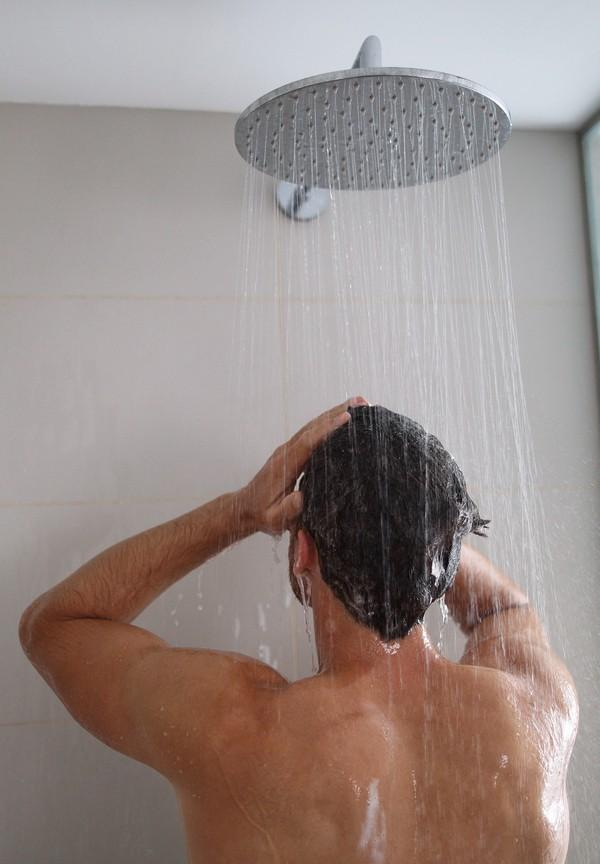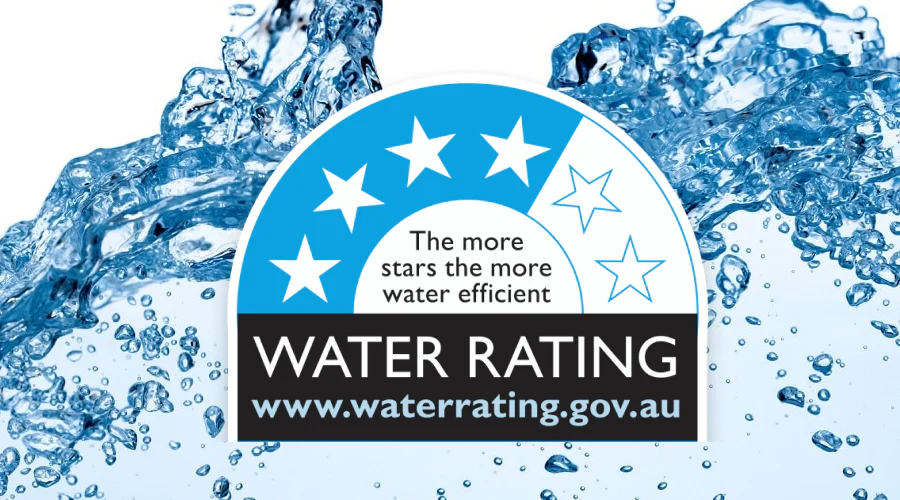In the past 12 mìosan, the Australian government has removed more than 2700 items sold on online platforms that did not meet the Water Efficiency Label and Standards (WELS), such as various faucets and showers. And restricted 40 illegal sellers.
The Australian government is also working with online sites such as eBay, Amazon, AliExpress, etc. to remove non-compliant products and ensure only WELS-approved products are listed.
WELS – Water Efficiency Labelling and Standards – is a government initiative brought into effect in 2005. The scheme applied a mandatory, Australia-wide water efficiency and minimum performance standard to all Australian household water-consuming products (dishwashers, frasan, tapware, showerheads and so on).
But why’s it important and why should you care?
The WELS Scheme is supposed to save Australians over $1 billion a year on utility bills, which is on average a savings of $175 per household, each year.
How does the WELS Scheme work on Faucets
Tanya Plibersek, Australia’s Minister of Environment and Water Resources, said: “We will go a step further with AliExpress as a mandatory part of the seller entry process to ensure Australian consumers can only buy faucets and showers that meet Australian WELS standards. sprinkle.”.
Pier Smulders, general manager of Alibaba Australia and New Zealand, said the company was delighted to be working with the government to achieve the WELS goals.
“We will actively monitor our market to ensure that any non-compliant items are found to be prohibited. We are pleased to contribute to water and energy conservation,” said Pier Smulders.
In a move to move forward with Water Efficiency Labeling and Standards (WELS), an independent review plan was submitted to the Australian Parliament last week to limit domestic water demand and save $1.47 billion in utility bills by 2022.
Based on the review, the Water Efficiency Labeling and Standards (WELS) program continues to be enforced, resulting in lower utility bills and water savings for homes and businesses.

What are the benefits of WELS?
So far this year, WELS and its Blue Star rating, which helps consumers buy more water-efficient products, have recorded water savings equivalent to 63,200 Olympic-size swimming pools, or 158 gigagallons.
Ahead of the Australian regulator’s official response to a third review of the scheme, the federal government has said it wants to strengthen the scheme to save more water.
In this statement, Tanya Plibersek said Australia would inevitably face water shortages again in the near future.
“Am-bliadhna, the WELS program will save Australia an average of 12.4 litres of water a day,” Plibersek said.
“Not only did the program help improve water security and lower utility bills, but it also significantly reduced household emissions,” she added.
WELS was launched in 2005 at the height of Australia’s millennium drought and the government believes it has the added benefit of reducing carbon emissions.
Since its launch, the program has prevented about 21.8 million tons of carbon dioxide equivalent emissions. The minister said the move fueled 17 years of innovation and helped reduce the “unsustainable demand” for the nation’s clean freshwater resources.
“The review made a number of recommendations to strengthen and expand the impact of the WELS program,” Plibersek said.
The government is working to put these recommendations into action, with Australian households expecting to save an average of $175 a year on more energy-efficient appliances, as well as reducing heating and water bills.
 iVIGA Tap Factory Supplier
iVIGA Tap Factory Supplier

